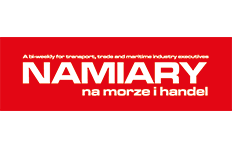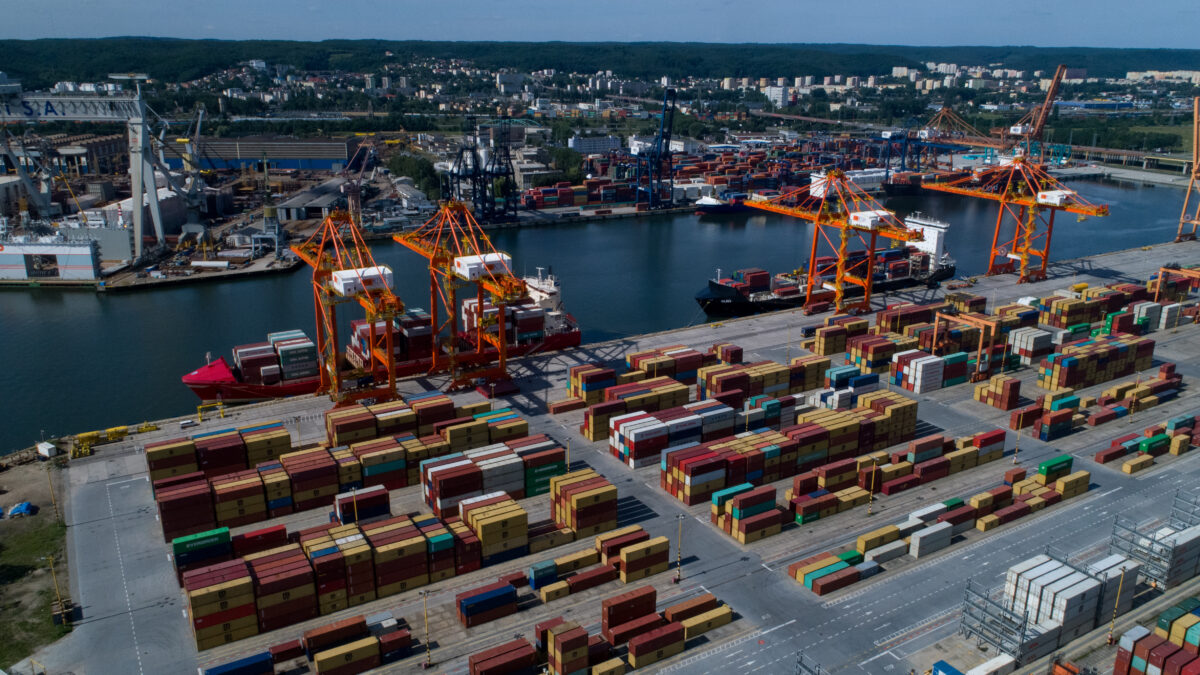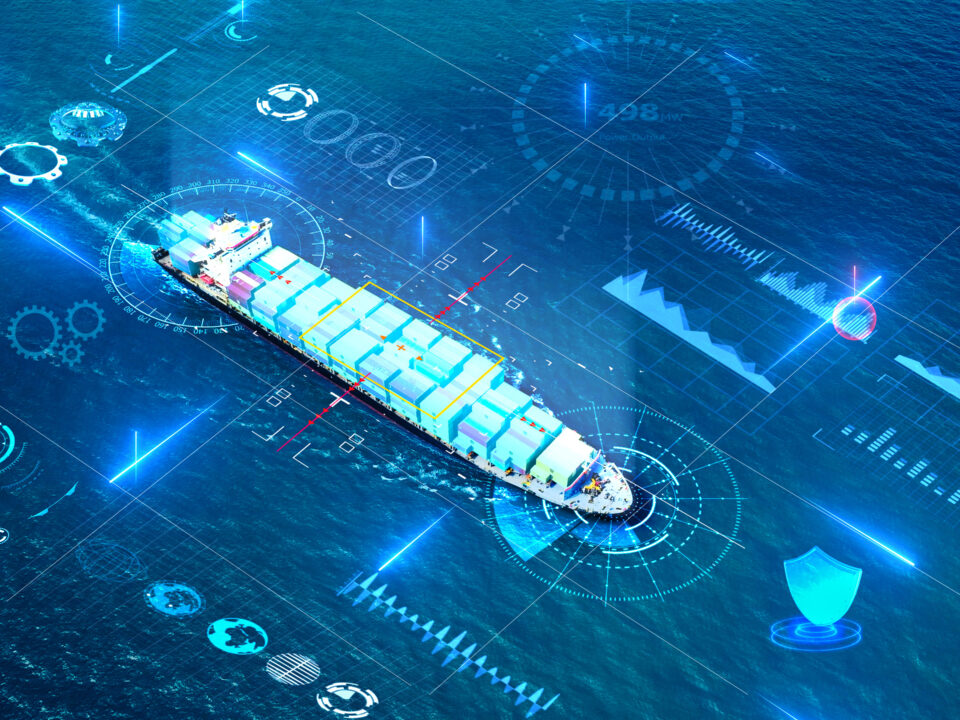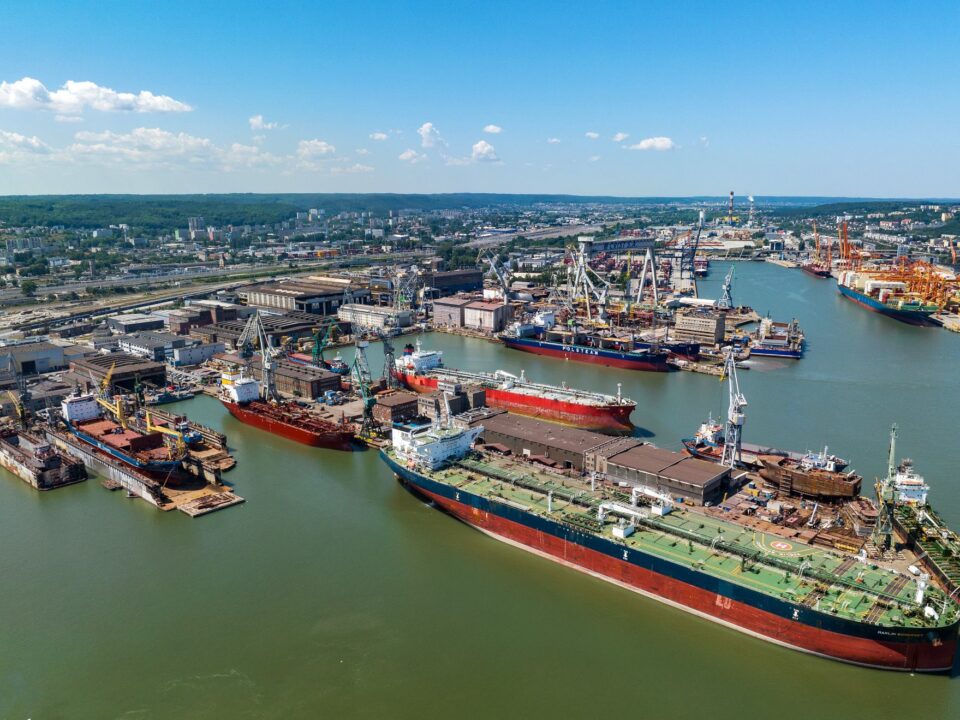
Wind from land and sea
21 June 2024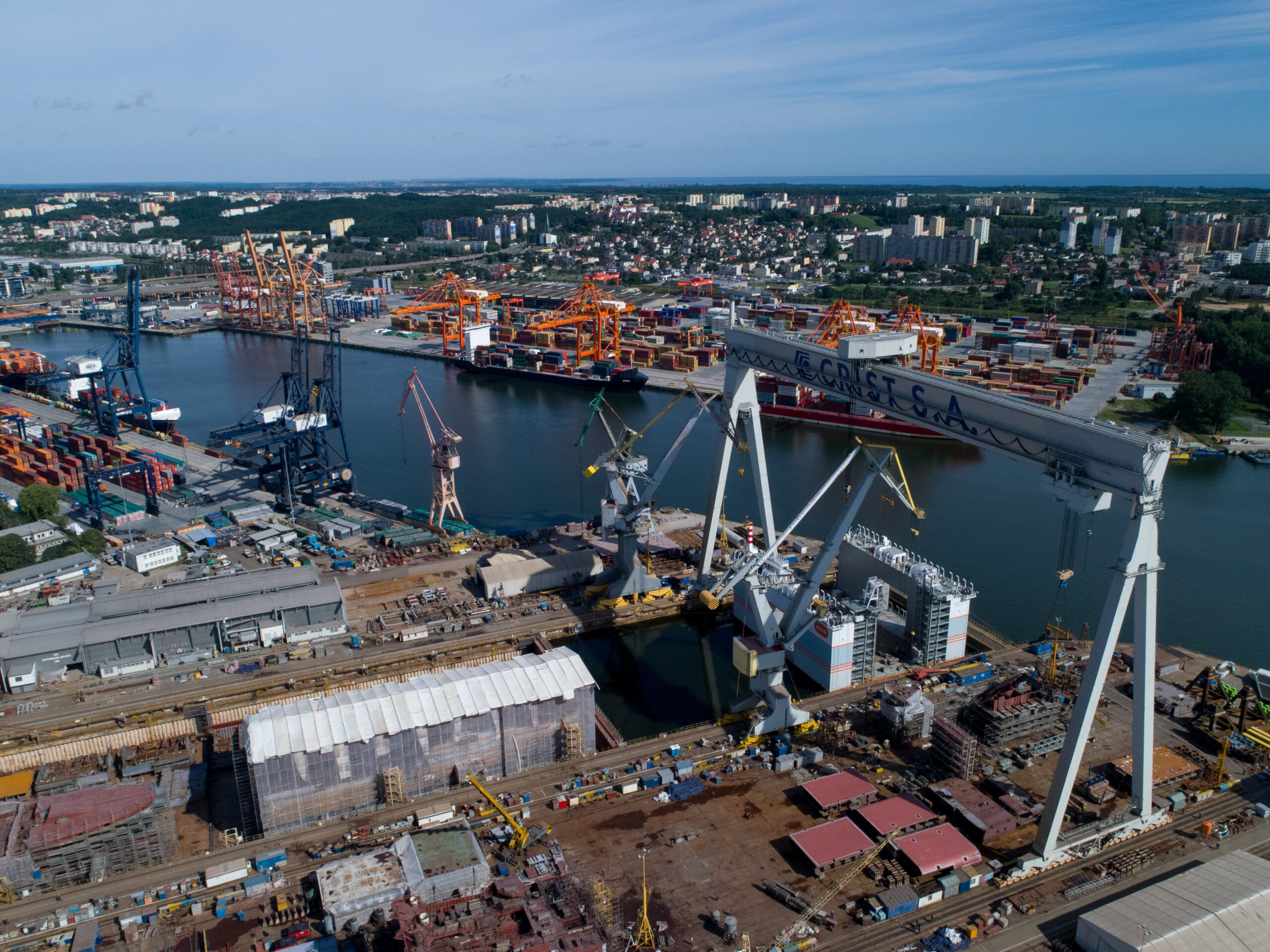
High-tech industry
1 July 2024– Mechanisms to support seaports in Poland in the form of tax exemptions on income earmarked for the construction, expansion and modernization of infrastructure constitute state aid and are incompatible with European Union law – the European Commission ruled in late 2023. It even threatened the country with an obligation to return the payment made. At stake here are tax exemptions earmarked for infrastructure investments starting in 2007.
The EC noted (Case SA.38401 “Ports taxation in Poland”) that, in its view, the existing mechanisms for supporting seaports in Poland, in the form of exemption from taxation of the income of managing entities, in the part allocated to the construction, expansion and modernization of port infrastructure and to the implementation of the tasks specified in Article 7(1)(2) and (4) of the Act on Sea Ports and Harbors of December 20, 1996, which is regulated by Art.17(1)(26) of the Corporate Income Tax Act of February 15, 1992, is incompatible with EU law, and, moreover, constitutes so-called new state aid (as of 2007, after the transition period when Poland joined the EU), which would entail its return from the moment of doubt.
According to the EC, this type of state aid distorts healthy market competition, and the activities of port boards are primarily economic in nature. Brussels noted that its point of view on the issue and the way it is interpreted is contained in a number of EC decisions and rulings of the EU Court of Justice. It was also indicated that Brussels sees the possibility of concluding an agreement on the issue – it is necessary for Poland to quickly introduce appropriate legal changes in exchange for the EC’s resignation from referring the case to the formal path and demanding repayment of the granted aid. Commission representatives have indicated that this is a matter of urgency, as Polish regulations distort competition in the EU. It was also noted that in a number of EU countries, after EC intervention, such regulations were repealed.
The Department of Maritime Economy of the Ministry of Infrastructure pointed out that the issue is extremely important for the government, Polish ports, as well as local governments, which are sometimes co-owners of smaller ports. It therefore requires a broader analysis on the Polish side, which (as of late September last year) was not easy amidst the pre-election turmoil. As a result, it was agreed that it was necessary to return to further discussion of the issue, after a new government is formed.
The EC does not wish to comment on the matter. However, it notes that it has launched an ex officio investigation into state aid on port taxation for all member states since 2013. To date, it has adopted a number of decisions concluding port tax investigations in the Netherlands, Belgium, France, Spain and Italy.
The Ministry of Infrastructure, which is piloting the case, stresses that according to Article 17(1)(26) of the Corporate Income Tax Act of February 15, 1992, the income of entities managing ports or marinas in the part allocated to the construction, expansion and modernization of port infrastructure and port development is exempt from tax. This exemption was introduced in the Act of December 20, 1996 on Sea Ports and Harbors. However, it underscores what the EC has pointed out, that similar exemptions have been found to be unauthorized state aid in a number of EU countries, including Belgium, the Netherlands, France, or Spain.
The ports are very firm in their opinions. According to the Port of Gdynia Authority and the Szczecin and Swinoujscie Seaports Authority, they are commercial companies registered in Poland, and are therefore obliged to apply domestic laws, including Polish tax law. And that, according to Article 17(1)(26) of the Corporate Income Tax Act exempts from tax the income of port boards in the part intended for investment. Moreover, in the opinion of the Gdansk Port Authority, if we consider that this exemption constitutes state aid, then “in light of the destination of the revenues referred to in this provision, it fully meets the criteria for permissible aid under Article 107(3)(b) and (c) of the Treaty on the Functioning of the European Union.”. Representatives of Polish ports also point out the differences in tax laws in different EU countries and the different ranges of tax exemptions for ports.
– In the cases of Belgium, France, the Netherlands and Italy, the EC challenged domestic regulations on seaport preferences, resulting in proceedings before the CJEU for incompatible state aid. However, in the opinion of the Port of Gdynia Authority, in these matters, the national regulations of individual countries were different from the provisions of the Polish CIT Act because, as a rule, they introduced a general subjective exemption, instead of the exemption provided for in the Polish Act, which applies only to the part of income earmarked for critical investments in port infrastructure – the Port of Gdynia’s statement reads.
So far, port boards are refraining from forecasting by what amounts their budgets would be reduced if the government had to adopt EU interpretations and withdraw tax exemptions for infrastructure expansion. Unofficially, however, it is said that ports of primary importance to the Polish economy would have to pay a total of about PLN 100 million a year. Thus, the consequences of adopting EU solutions will boil down to the need to pay income tax on all income generated, including that for the expansion of port infrastructure, which, according to port representatives, will limit the possibility of investment development, i.e. further expansion of handling potential and competitiveness.
Article developed with Namiary na Morze i Handel magazine
phot. Namiary na Morze i Handel magazine
